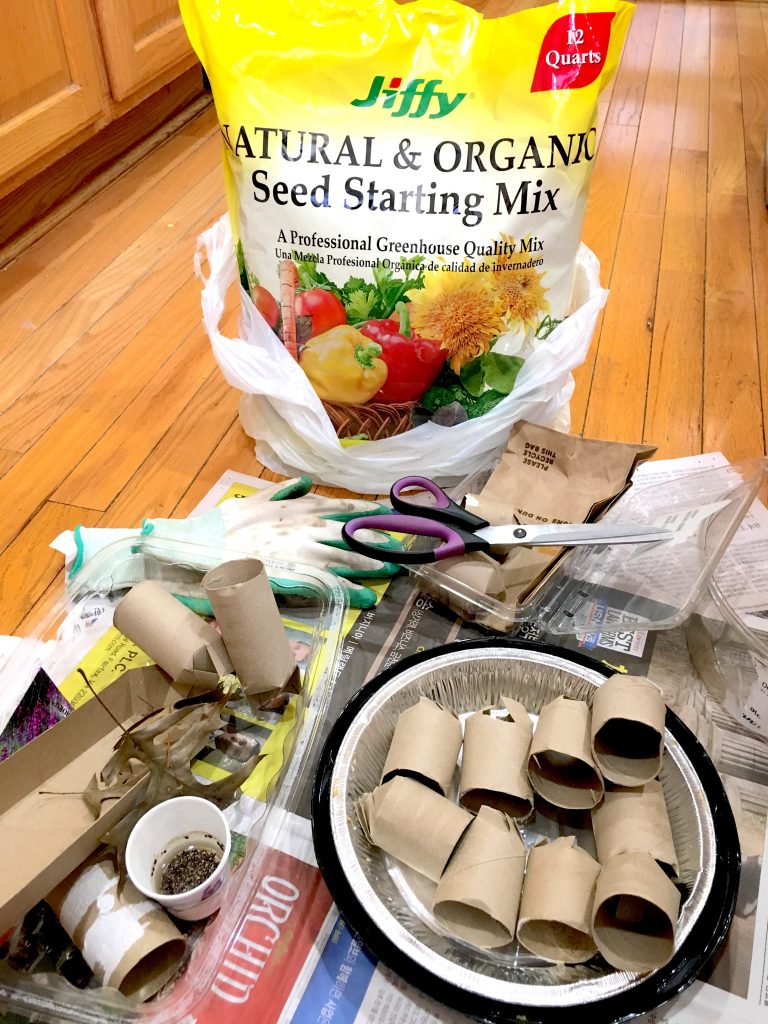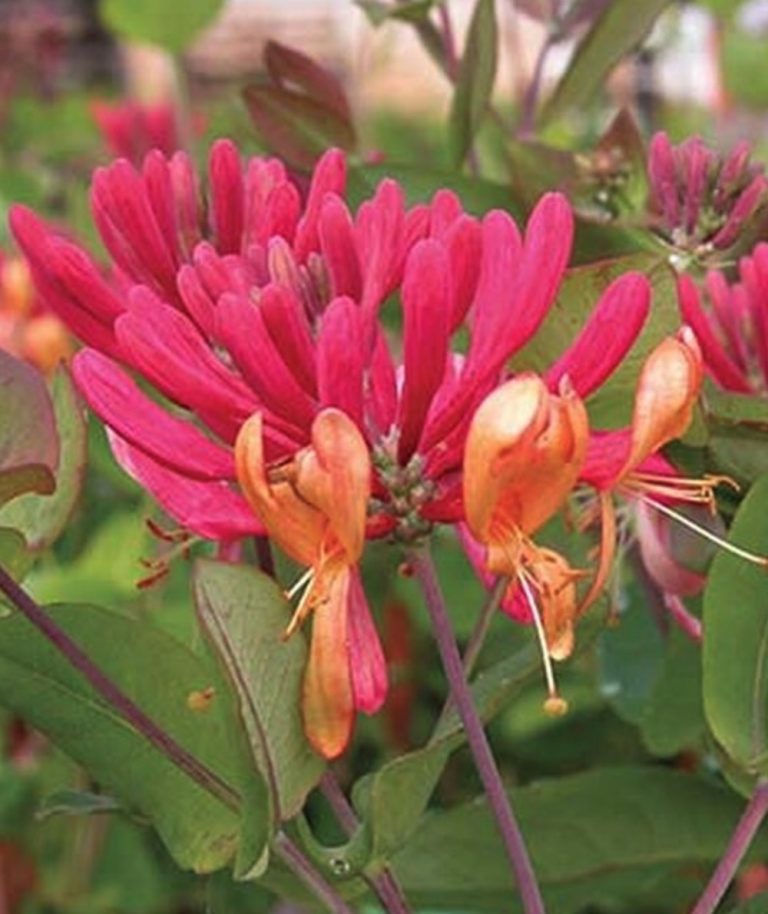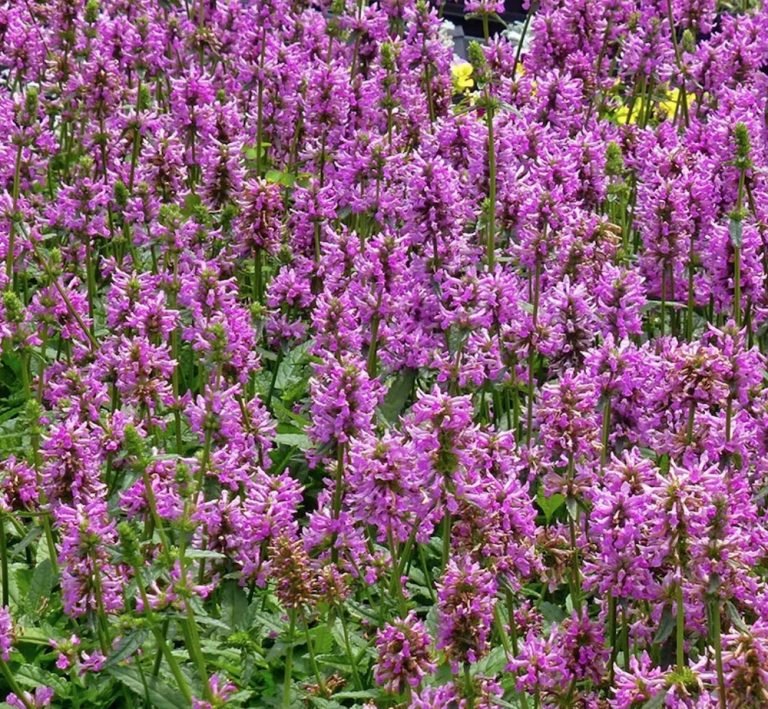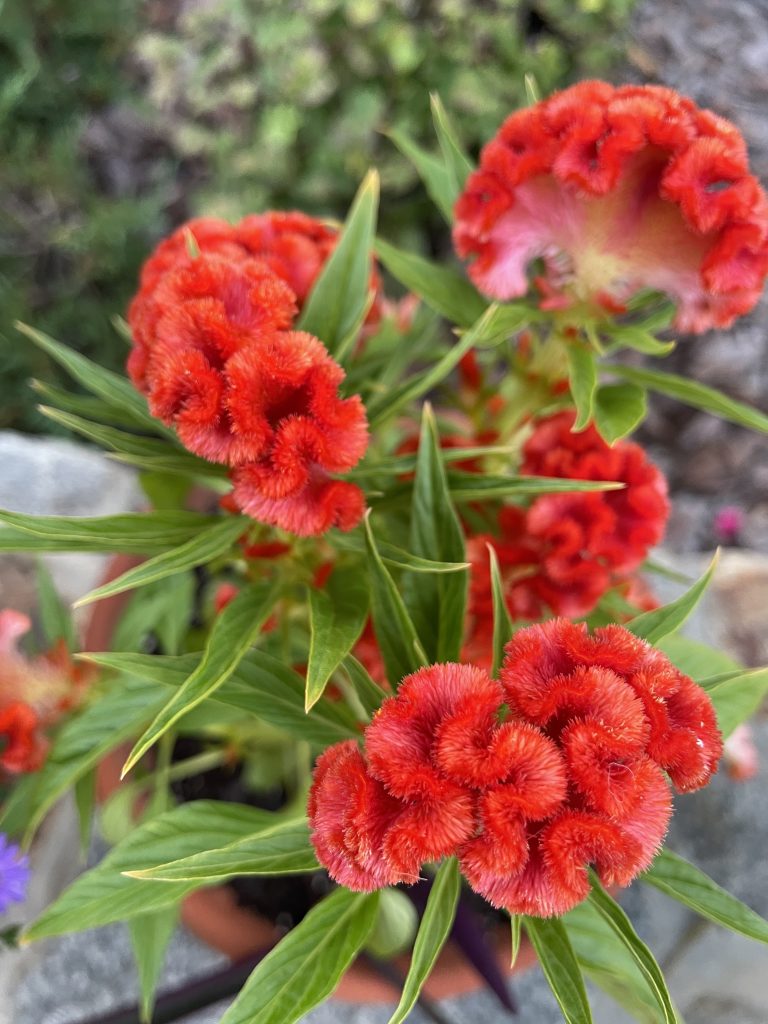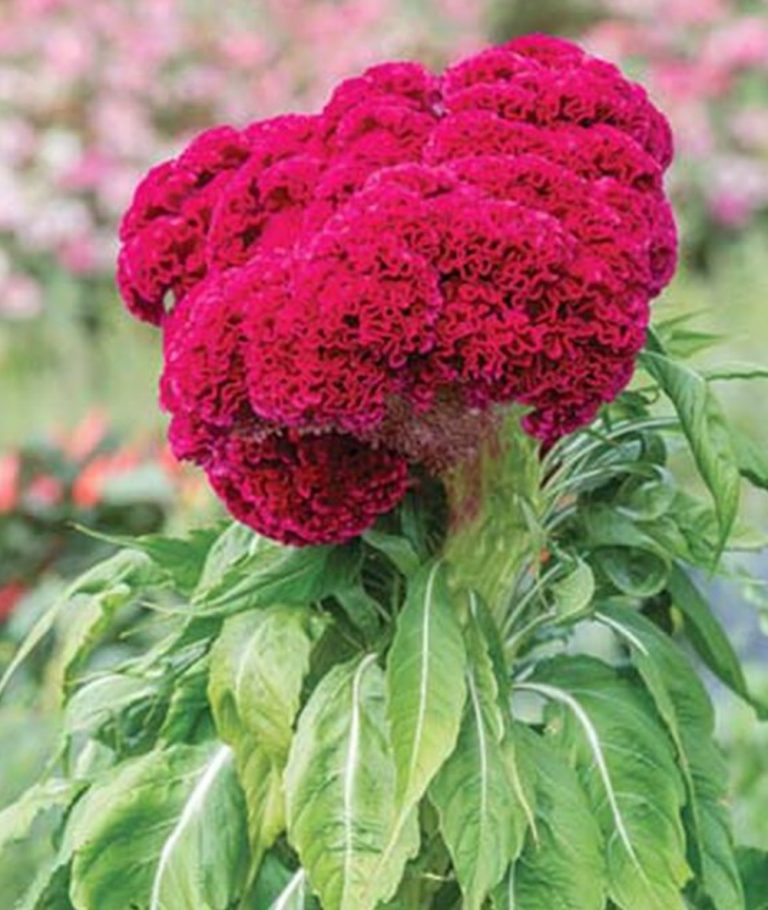How to Make a Fertile Garden with Soil Amendments
How can soil amendments help your soil to create a fertile garden and yard? Well, they provide much needed nutrients that may be lacking in your garden or yard soil. These nutrients may need to be replenished from time to time.
Soil amendments can improve soil conditions that may not be ideal for plant growth and nourishment. Some soil amendments aid in the reduction of compaction and aeration of soil that will allow moisture and nutrients to be accessible to plant roots. Soils lacking in nutrients, moisture, or a balance of clay, silt, sand, and organic material can be altered with the right soil amendment. Keep reading to see if the any of the soil amendments below can help your soil create a fertile garden and yard.
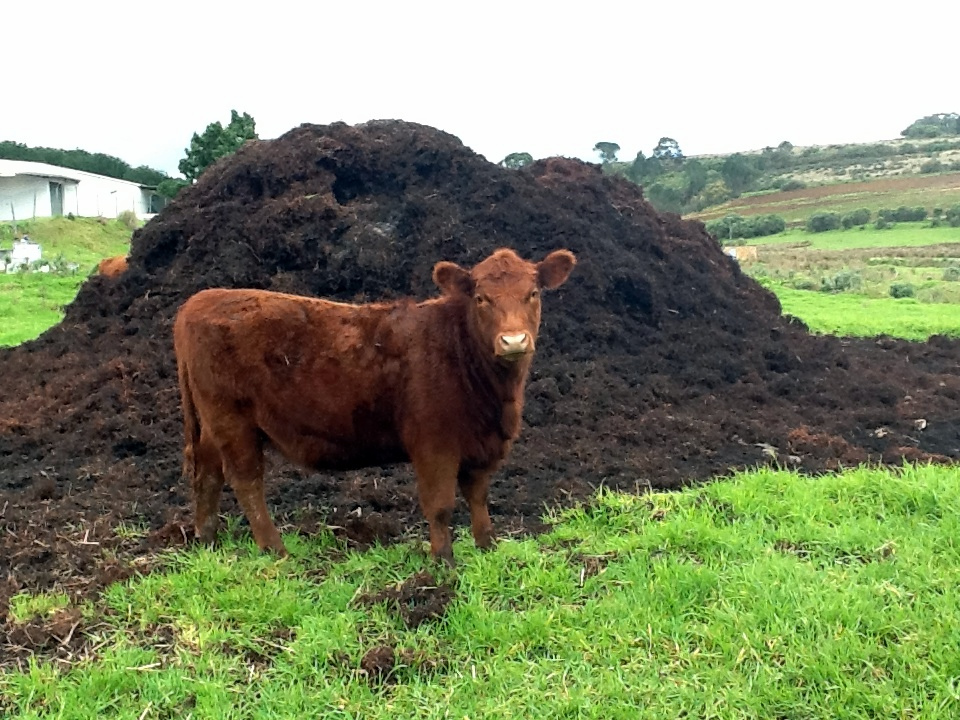
Some Organic Soil Amendments are:
Sphagnum peat moss is a natural, organic soil conditioner. When sphagnum peat moss is dry it is fine and light. It creates an ideal soil environment where moisture and air are accessible to plant root structure. It is fantastic for new plantings of floral, shrub, and tree beds.
Note: Sphagnum peat moss is not the same as sphagnum moss which is used for decorative purposes.
For problematic clay soil – adding sphagnum peat moss improves water absorption, retaining it for future use by the plantings. Sphagnum peat moss lightens clay soil providing access to the many rich nutrients locked inside clay soil. By lightening clay soil, aeration can occur.
For Sandy soil conditions – adding sphagnum peat moss adds mass to the sand so that moisture and nutrients can be retained within the sand rather than washed away.
For Humus, an organic material soil that is decayed organic matter that will provide aeration and retain moisture while expelling excess moisture. Adding some amount of sphagnum peat moss can increase aeration to the humus soil.
Composted manure is a soil amendment of organic material that enriches soil by improving aeration and moisture control. Manure contains various minerals and nutrients. It provides plants with a source of nitrogen, phosphorus, and potassium. There are many sources for manures including cow and steer manures, horse, goat, pig, poultry, rabbit, and sheep manures.
Fresh (not composted) manure is labeled “hot” manure and may harm or even kill some plants. It is best to compost fresh manure for several months prior to using in your garden. The length of time to compost depends on the type of manure. For example, rabbit and poultry manure may take 3 to 4 months to break down and decompose due to the small size of poop. Whereas, horse and cow manure can take up to a year to break down because the poop is much larger.
After the manure has decomposed, it is considered “cool” and lacks any odor. Composted “cool” manure is ready for use in your garden.
Topsoil is the uppermost surface layer of soil which is between 2 to 8 inches of soil. It contains mineral parts, organic material, air, and water. Topsoil is composted soil that is partially decomposed. My recommendation for new plants is to mix equal parts of topsoil with composted manure and sphagnum peat moss to create a balanced soil mixture for plantings.
Topsoil generally does not contain any sand, so it is not considered to be “potting soil”. Topsoil can be used in the yard or when planting new shrubs or trees.
Blood Meal is an organic fertilizer rich in nitrogen used for green healthy and lush foliage for flowers, vegetable plants, trees and shrubs. Blood Meal can be added to a compost to increase the nitrogen level.
Bone Meal (bone manure) is a mixture of finely and coarsely ground animal bones and slaughterhouse waste products. It provides phosphorus and calcium to the soil that will improve flower and vegetable production.
Lime is an organic supplement that reduces the acidity of the soil so that the pH level becomes more alkaline which raises the pH soil level. For example, grass thrives in a more alkaline soil (greater than pH of 7). A grass lawn with acidic soil may struggle to flourish when grass lawns typically prefer a more alkaline soil. Lime reduces the acidity so that grass grows green and healthy spreading its root system across the yard crowding out any weeds.
Sulfur is a vital mineral important for plant growth and reproduction. Sulfur can affect the pH balance by increasing the acidity of the soil leading to a lower pH soil level. This is perfect for acid-loving plants such as azaleas, hydrangeas, blueberries, rhododendrons, and holly. Hydrangeas with pink blooms can be treated by adding an acidic fertilizer such as a sulfur amendment so that pink blooms become blue lowering the pH level.
Sulfur is an essential plant nutrient, generally used to acidify soil.
Garden Gypsum is a natural mineral and soil conditioner that breaks down clay soil promoting root growth. Nutrients and moisture can be easily absorbed by plant roots with soil that is light and airy rather than a clay texture. As clay soil breaks down, aeration is improved and the once clumped soil allows excess water to drain. Gypsum also aids in repairing pet turf burns.
Perlite is an all natural, potting soil breaks down soil and prevents compaction, aerates soil, and promotes root growth. Typically used for container plants.
Vermiculite is all natural, potting soil which loosens heavy soil and prevents compaction so that conditions for plant root growth is more ideal. Aeration of soil using Vermiculite leads to the breakdown of heavy soil.
Earthworm Castings are organic and all natural potting soil amendment that provides rich nitrogen to roses, flowers, vegetables, shrubs, and trees. The castings are digested excretions of worms that consume organic material which is a great plant enhancer. They are clean and odorless. The castings also supply many micronutrients, magnesium, phosphate, calcium, potassium or potash that can restore critical nutrients to the soil.
Earthworm castings can be pricey. An alternative is to create a worm bin and produce your own worm castings via vermicomposting.
Bat Guavo (or Bat Dung) – all natural and organic fertilizer derived from bats in the wild. Bat provides rich nitrogen that gives deep green color with rapid growth and phosphorus that promotes plant root growth and blooms. Can be used in gardens or in containers as well as use as a fertilizer tea.
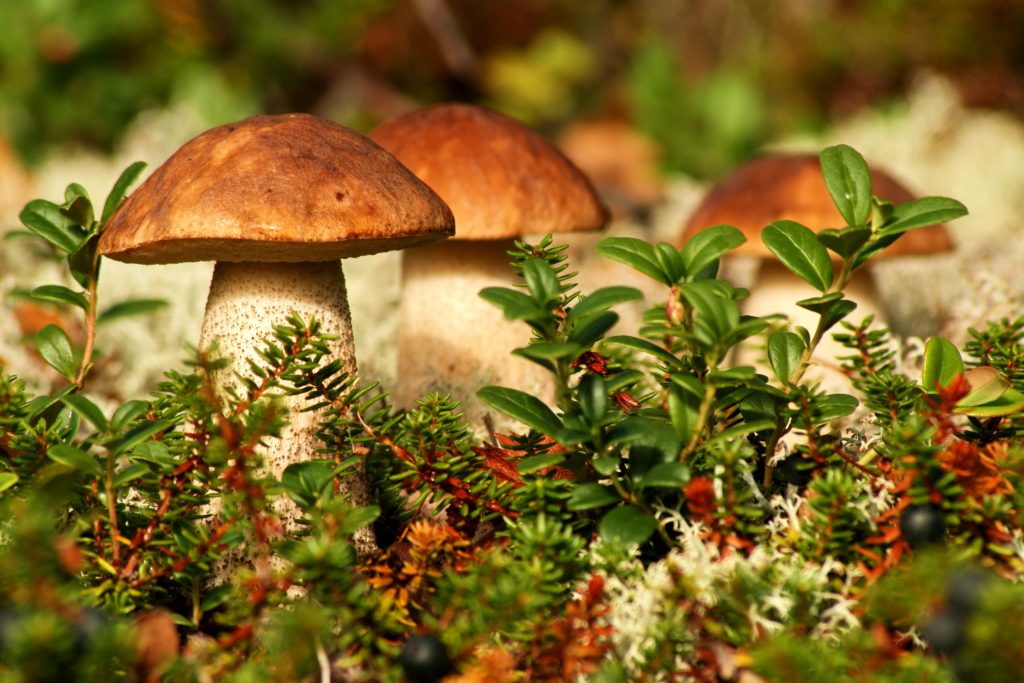
Soil amendments are available in several other forms that are derived from specific sources such as mushrooms, aquatic resources, organic buffalo compost, and dungeness crab harvest. These soil amendments address specific needs of the garden. The above list of 12 incredible soil amendments you can use to improve your garden and lawn soil tackles more commonly found issues with lawns and gardens. Hopefully they can help you with any soil problems you encounter while working in your yard.

